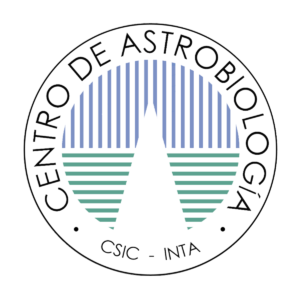Rodríguez-Tovar, F.J., Kaskes, P., Ormö, J. et al. Life before impact in the Chicxulub area: unique marine ichnological signatures preserved in crater suevite. Sci Rep 12, 11376 (2022). https://doi.org/10.1038/s41598-022-15566-z
To fully assess the resilience and recovery of life in response to the Cretaceous–Paleogene (K-Pg) boundary mass extinction ~ 66 million years ago, it is paramount to understand biodiversity prior to the Chicxulub impact event. The peak ring of the Chicxulub impact structure offshore the Yucatán Peninsula (México) was recently drilled and extracted a ~ 100 m thick impact-generated, melt-bearing, polymict breccia (crater suevite), which preserved carbonate clasts with common biogenic structures. We pieced this information to reproduce for the first time the macrobenthic tracemaker community and marine paleoenvironment prior to a large impact event at the crater area by combining paleoichnology with micropaleontology. A variable macrobenthic tracemaker community was present prior to the impact (Cenomanian–Maastrichtian), which included soft bodied organisms such as annelids, crustaceans and bivalves, mainly colonizing softgrounds in marine oxygenated, nutrient rich, conditions. Trace fossil assemblage from these upper Cretaceous core lithologies, with dominant Planolites and frequent Chondrites, corresponds well with that in the overlying post-impact Paleogene sediments. This reveals that the K-Pg impact event had no significant effects (i.e., extinction) on the composition of the macroinvertebrate tracemaker community in the Chicxulub region.






